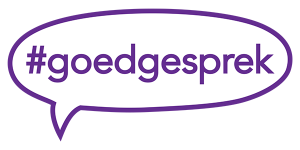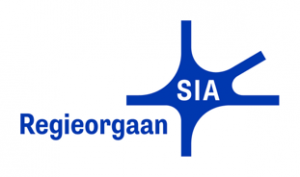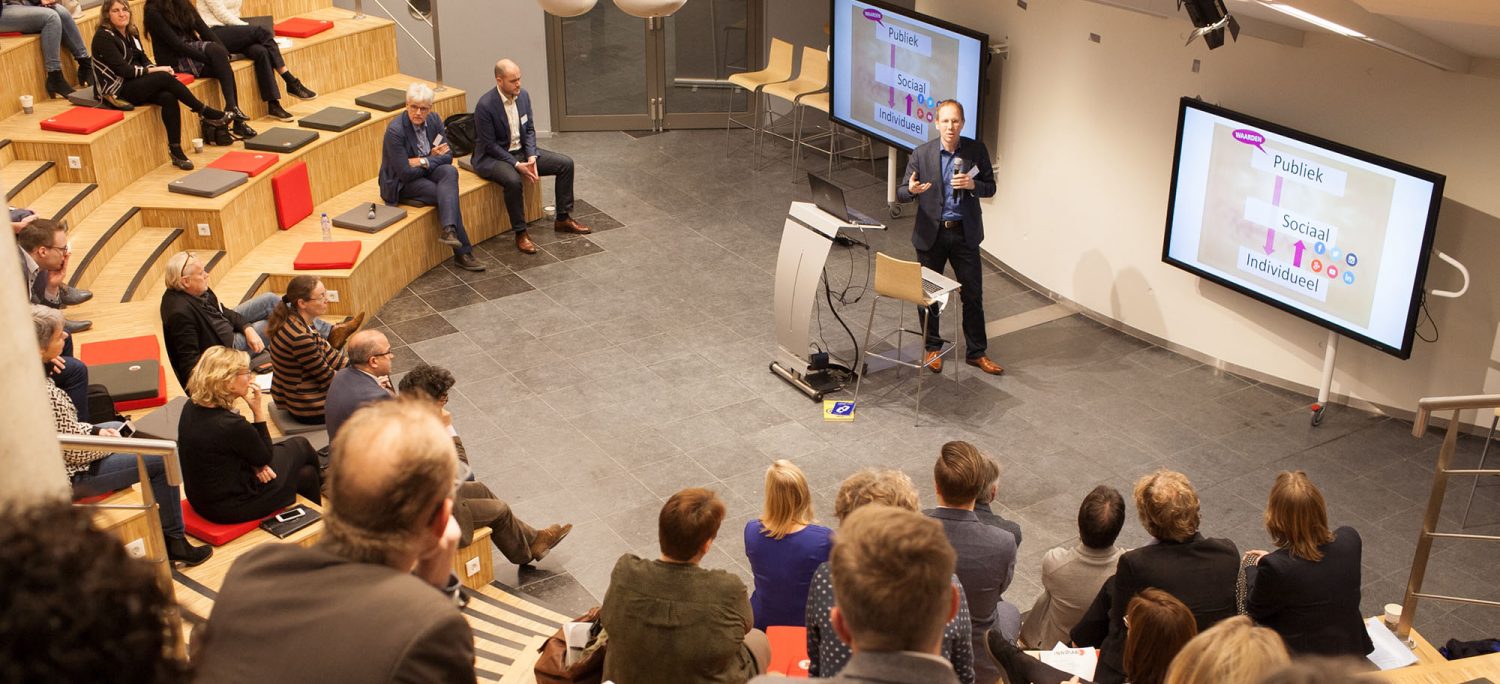
Changes in society invariably lead to feelings of discomfort, tensions and social unrest, also in our present time. Media, and social media in particular, quickly and effectively make such feelings publicly visible and therefore have a magnifying effect on the sentiments in society: tweeting your opinion is a piece of cake, just like reacting to opinions, but a dialogue will not easily get started and polarization is imminent.

The project has a duration of two years, starts April 1, 2019, and is co-funded with a research grant from SIA (RAAK-Publiek). The project team consists of ca. 30 professionals from the participating organisations, a mix of researchers, designers, and professionals in the involved metropolitan neighbourhoods.
Various metropolitan neighbourhoods manifest, for a long time already, tensions between citizens and between citizens and professionals and municipal officials in the neighbourhood. Frequent incidents point out discomposure, disgruntlement, and polarisation. Inhabitants experience problems due to differences in values and opinions about the design and use of public space and co-inhabiting the neighbourhood; these tensions sometimes lead to violent behaviour and undisguised racism. Relationships with public organisations get strained and ruled by sentiments of mistrust. The result is that citizens feel a distance to authorities and communication is weakened even further.
These tense relationships often have a background in public values and public dialogues about values. It appears to be difficult, when there are feelings of unrest and uncertainty, to look beyond one’s own values and interests and to participate respectfully in a public dialogue about shared interests and public values. Municipalities, and neighbourhood managers in particular, struggle with increasing manifestations of polarisation.
A public dialogue requires specific social skills, from both citizens and professionals. In this project, departing from a knowledge base in philosophy, a methodology is created and tested that empowers neighbourhood managers to lead people in a dignified public dialogue, both in local conversations and on social media, through special attention for – and development of – dialogue skills. We do this in four work packages:
- Formulate a model of skills for public dialogues;
- Operationalise the model in practical guidelines for how to guide dialogues;
- Design and experimental evaluation of dialogical forms of social media;
- Evaluation, quality assessment and effect analysis of online and local dialogues.

You must be logged in to post a comment.